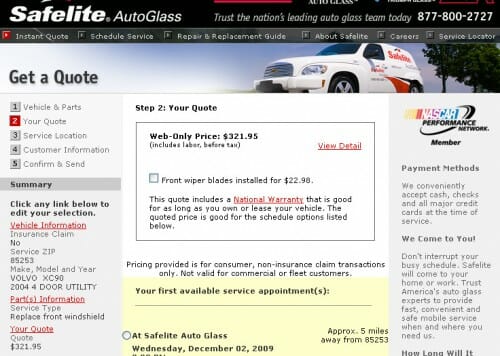Another Problem With Community Rating
Hospitals are required to treat everyone who shows up at the door, which results in a substantial amount of uncompensated care that hospitals must spread into their rate structure for other patients (and which also gives the lie to the syllogism that being uninsured means one does not have access to health care).
Supposedly, the PPACA was going to eliminate all these costs. Actually, it does not eliminate these costs, it just changes who subsidizes them. Currently, other hospital patients (and their insurers) subsidize this care. In the PPACA medicaid expansion, some of this subsidy would shift to taxpayers (whether the actual amount of costs subsidized would go up or down depends on your assumptions as to whether the Feds or the hospitals are better at managing them).
But hospitals think they might have found a third approach. By law, insurance companies cannot legally turn down any applicants, particularly through the exchanges, based on their health condition. So why not have the hospital (or its non-profit Foundation) buy policies for its perennially most expensive uncompensated patients?
US hospitals are exploring ways to buy “Obamacare” insurance plans for their sickest and poorest patients as they strain under the weight of tens of billions of dollars in uncompensated costs from the uninsured.
...The controversy is another reminder of the complexity of the US healthcare system, where hospitals are forced to pay about $40bn a year in so-called “uncompensated care”. People who are not insured go to emergency rooms because they cannot legally be turned away, and often hospitals bear the brunt of the costs.
“Hospitals are considering it,” says Mindy Hatton, general counsel of the American Hospital Association, the hospital lobby group. “Hospitals shouldn’t be on the front lines delivering preventive care that patients should be receiving in a clinic or doctor’s office. That doesn’t make sense for anyone.”
This is insurance companies' worst nightmare, of course. It would not take very much of this sort of thing to trash the whole insurance market.
The Administration response to all this has been typical of its behavior through the whole PPACA implementation. In general their approach to all new problems has been to:
- Make it clear that it hadn't really thought very deeply or completely about important implementation issues
- Make snap implementation decisions to tactically deal with one problem only to find they had created new problems
- When everything gets really messy, claim broad dictat-by-press-release powers it is not clear the law actually gives them
In this case, the Administration was faced with questions from Representative Jim McDermott. He asked if exchange-sold health plans were considered Federal Qualified Health Plans (QHP) under the law. If so, he pointed out that several of the things the Administration had discussed (e.g. allowing insurers to offer monetary inducements to customers who maintained good health habits) could be illegal under anti-kickback provisions.
As usual, it was pretty clear the Administration had no answer. Or more accurately, had five different answers from five different people and agencies. Kathleen Sebelius wrote back to McDermott that no, exchange sold plans were not QHP's and so the anti-kickback law did not apply. This tactically solved McDermott's issue. But it created large new issues, since it is the anti-kickback law that would have prevented hospitals from buying exchange plans for their most expensive patients. If exchange plans are not QHP's, then hospitals considered that buying such plans was now legal.
All Sebelius has been able to do to temporarily quiet this mess has been to claim vague and unlimited powers to regulate virtually any behavior related to the exchanges. Like Obama, she believes her press releases have force of law. But in fact, even if she does have the claimed regulatory power, she actually has to go through a rules-writing process before any such rules can take effect. These are structured, drawn out affairs with long delays for public comment. This is the type of thing she needed to be doing 18 months ago.





